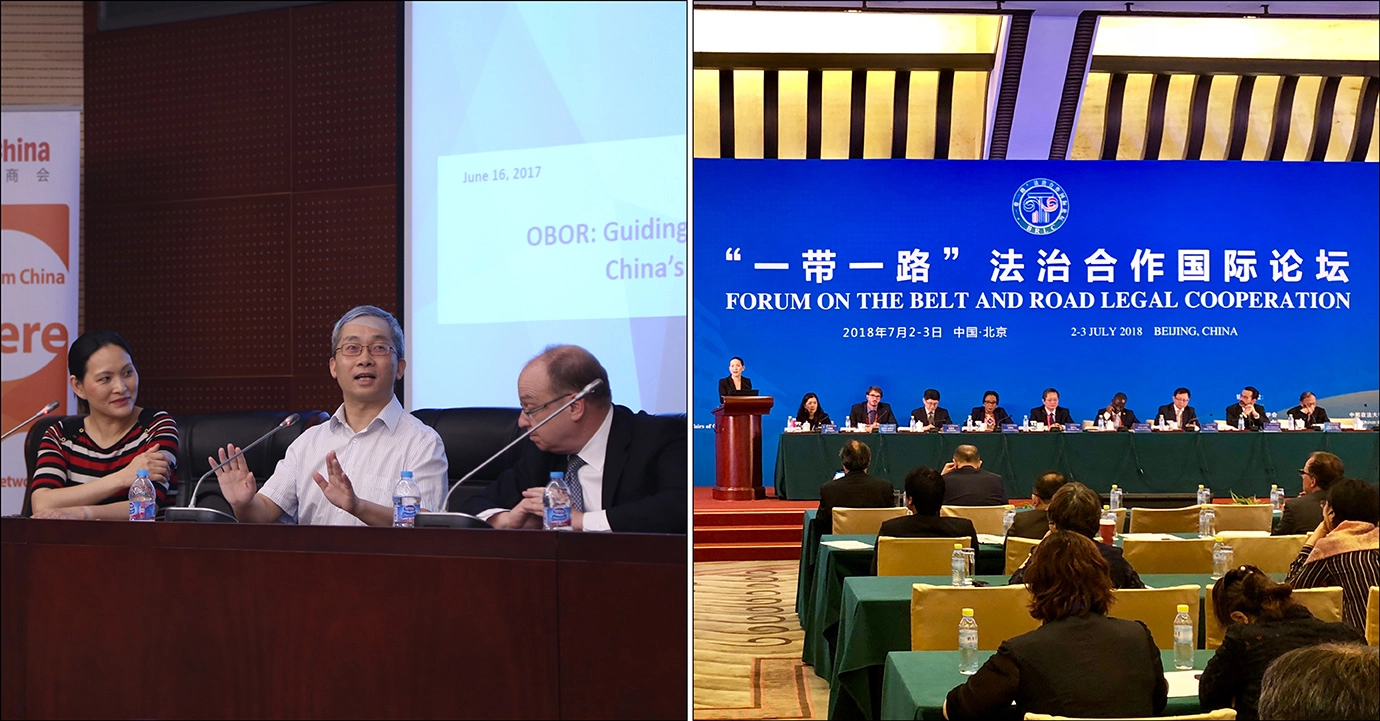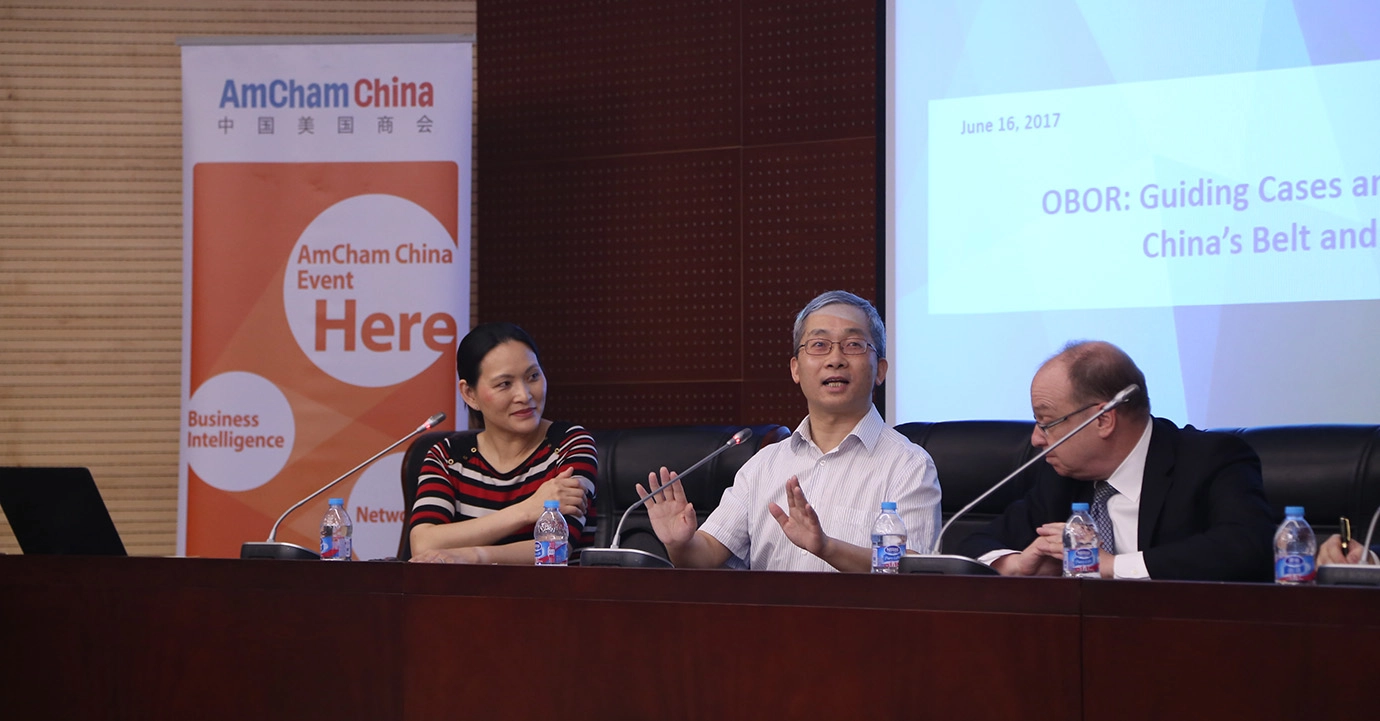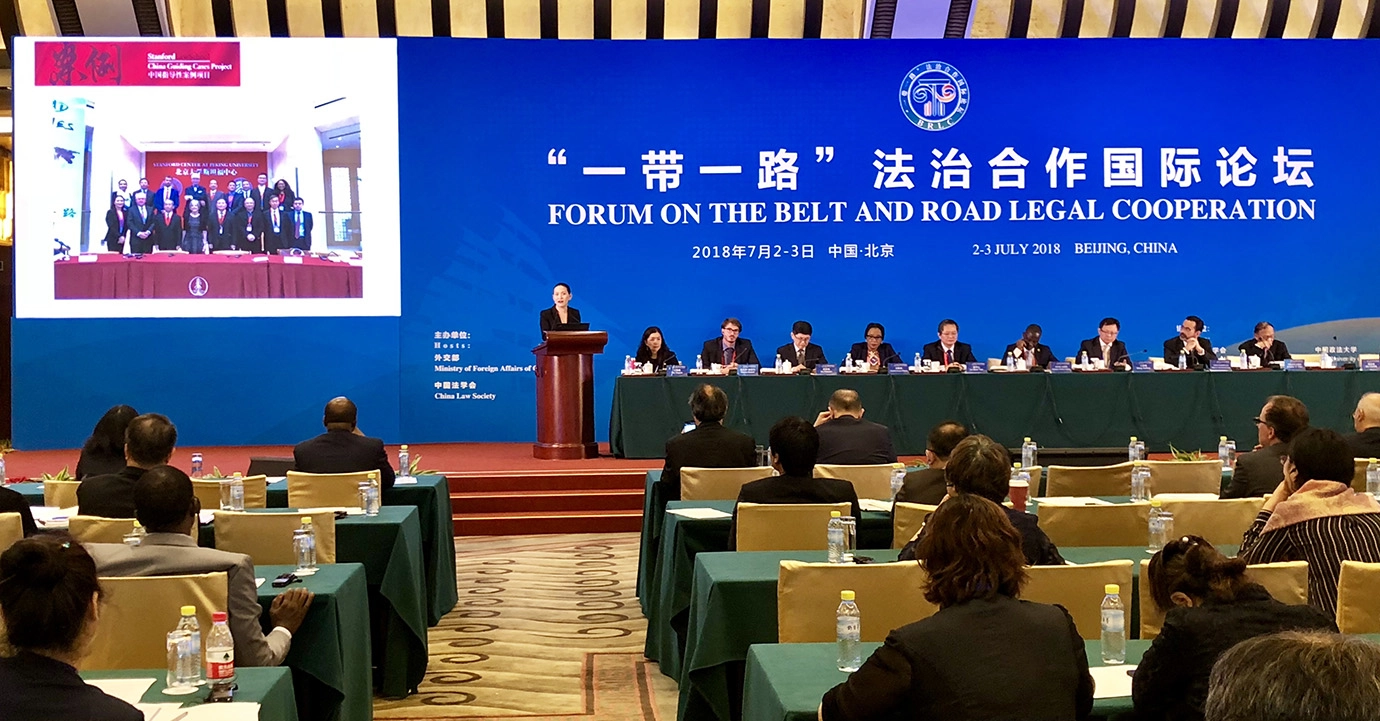China’s Belt and Road Initiative & Legal Reform†
Table of Contents
- Typical Cases and China’s Belt and Road Initiative
- Guiding Cases and China’s Belt and Road Initiative
Estimated Reading Time
- 6 min

The last piece of SINOTALKS.COM In Brief explains the significance of little understood “Typical Cases” in China. The takeaways are:
- According to the ranking used in China’s “Search for Similar Cases” system, Typical Cases, while providing guidance to courts across China, do not enjoy the status of Guiding Cases. Guiding Cases are China’s de facto binding precedents (see SINOTALKS.COM In Brief No. 2) and are the only category of Chinese cases that can be explicitly cited in judgments of similar subsequent cases to ensure legal consistency.
- Typical Cases have the potential to be upgraded to Guiding Cases.
However, the above significance of Typical Cases became clear only after the rules regulating the “Search for Similar Cases” system were released in July 2020 (see SINOTALKS.COM In Brief No. 4).
This piece describes how the release of Typical Cases related to China’s Belt and Road Initiative in 2015 (when the status of these cases was unclear) ultimately led me to make a suggestion at a 2018 international forum organized by the Chinese government. I believe the suggestion resulted in an encouraging development. As a scholar who has been focusing on legal reform in China for more than 25 years, I think this experience is worth sharing.
Typical Cases and China’s Belt and Road Initiative

Following the Chinese government’s introduction of the Belt and Road Initiative in 2013, the Supreme People’s Court of China released the first batch of Typical Cases (8 in total) related to the initiative in July 2015 and the second batch of such cases (10 in total) in May 2017.
To help legal professionals and businesses understand the importance of these cases to the Belt and Road Initiative and related implications, I organized a seminar in Beijing in June 2017 with support from the American Chamber of Commerce. The seminar featured an insightful talk delivered by Judge GUO Feng, the then-Deputy Director of the Research Office of the Supreme People’s Court, who was (and still is) in charge of the development of Guiding Cases.
A year later, i.e., in June 2018, China Law Connect, a bilingual quarterly journal that I initiated at Stanford Law School, was launched. The first issue covers two excellent pieces discussing the following two Typical Cases related to the Belt and Road Initiative. These two cases address important issues concerning China’s recognition of a foreign judgment and a foreign arbitral award.
- Kolmar Group AG, A Case of an Application for the Recognition and Enforcement of a Civil Judgment of the High Court of Singapore (see Alison Lu Xu, Belt & Road Typical Case 13: Towards a Liberal Interpretation of the Reciprocity Principle for Recognition and Enforcement of Foreign Judgments, 1 China Law Connect 26 (June 2018)); and
- Siemens International Trading (Shanghai) Co., Ltd. and Shanghai Golden Landmark Company Limited, A Case of an Application for the Recognition and Enforcement of a Foreign Arbitral Award (see Tereza Gao & Edison Li, Through Siemens v. Golden Landmark, China Reforms Arbitration for Free Trade Zones in Order to Prepare for “Belt & Road”, 1 China Law Connect 48 (June 2018).
Guiding Cases and China’s Belt and Road Initiative

On July 3, 2018, a few days after the launch of China Law Connect, I spoke at the Forum on the Belt and Road Legal Cooperation, an international forum organized by the Chinese government for representatives of both member countries of the Belt and Road Initiative and of countries that were still considering whether they should join the initiative.
In my short speech, I directly stated that the success of the Belt and Road Initiative would be dependent on China’s ability to instill confidence in host countries. I praised the release of Typical Cases that demonstrated China’s efforts to protect foreign parties’ legal rights and interests, especially the above-mentioned two cases regarding China’s recognition of a foreign judgment and a foreign arbitral award. Yet, my closing statement was:
Unfortunately, the cases mentioned are only Typical Cases […]. At least some of these cases should be upgraded to Guiding Cases or new Guiding Cases related to the Belt and Road Initiative should be released as soon as possible.
Many eyes in the audience lit up.
A few months later, in February 2019, the Supreme People’s Court released six Guiding Cases that are all related to the Belt and Road Initiative. One of these cases is Guiding Case No. 107, which concerns a dispute over a contract for the international sale and purchase of goods between Sinochem International (Overseas) Pte. Ltd. and ThyssenKrupp Metallurgical Products GmbH. This dispute was first featured in 2015 as a Typical Case related to the Belt and Road Initiative (see SINOTALKS.COM In Brief No. 4).

Another one of these six Guiding Cases is Guiding Case No. 109 (Anhui Foreign Economic Construction (Group) Co., Ltd. v. Inmobiliaria Palacio Oriental, S.A., A Dispute over Guarantee Fraud). This case concerns a construction project between a developer in Costa Rica and a Chinese contractor. Interested readers can review the full-text translation of this case, together with detailed explanatory notes prepared by the SINOTALKS.COM team, here to understand how this case shows the Supreme People’s Court’s firm adherence to legal rules and principles for the purpose of protecting the value of independent guarantees.
If the release of these six Guiding Cases was related to my suggestion at the Forum, I feel honored. If it was not and the release had already been on the Supreme People’s Court’s agenda, this is even more encouraging because it reflects the commitment of top Chinese judges to showcasing cases in which Chinese courts have upheld international legal principles. Moving forward, will we see more Guiding Cases of this type? I remain hopeful.
† The citation of this article is: Dr. Mei Gechlik, China’s Belt and Road Initiative & Legal Reform, SINOTALKS.COM, In Brief No. 5, Feb. 9, 2022, https://sinotalks.com/inbrief/belt-road-initiative-legal-reform.
The original, English version of this article was edited by Nathan Harpainter. The information and views set out in this article are the responsibility of the author and do not necessarily reflect the work or views of SINOTALKS.COM.




